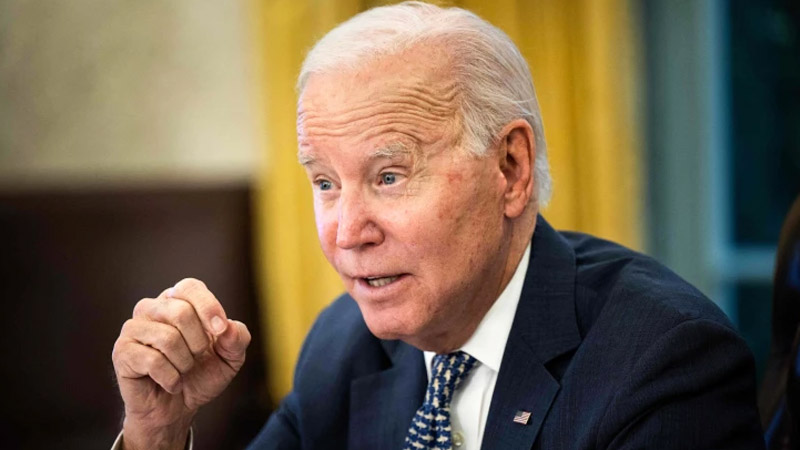President Joe Biden recently blocked a $15 billion acquisition of U.S. Steel by Japanese company Nippon Steel, a move backed by the United Steelworkers union. However, according to The Washington Post columnist Catherine Rampell, this decision might harm the very union workers Biden aimed to protect while jeopardizing the broader U.S. steel industry.
“The Japanese are understandably insulted by Biden’s decision,” Rampell wrote. “But Japan isn’t the only friend Biden betrayed. He also shafted the American union workers he claimed to champion. In a way, the episode illustrates a broader problem within the Democratic Party: mistaking pandering and appeasement for loyalty.”
U.S. Steel has faced decades of struggles against foreign competitors, often relying on government bailouts instead of modernizing its operations. Despite repeated support from past presidents, the company’s mills have grown increasingly outdated and expensive to operate. In 2023, U.S. Steel sought a buyer, and Nippon Steel emerged as the top contender with a promising offer.
Nippon Steel’s proposal included a $2.7 billion investment to upgrade aging mills in Pennsylvania and Indiana, preserving production capacity and honoring existing union contracts. For both shareholders and workers, this deal appeared to be a lifeline. Without it, U.S. Steel’s CEO warned that the company might have to close the mills, leading to significant job losses.

However, Biden intervened, citing “national security” concerns despite Japan being a close U.S. ally. Rampell argued that the real reason for Biden’s opposition was to appease United Steelworkers leaders, who reportedly resented that Nippon did not seek their approval before submitting the bid. Ironically, Nippon’s offer was far more generous than those of other bidders and aimed to protect union jobs while revitalizing struggling factory towns.
By blocking the deal, Rampell warned, Biden has endangered thousands of jobs. The decision could also provoke retaliation from Japan, potentially leading Nippon to shutter other U.S. steel mills it already owns, further risking American employment. Rampell noted Biden could have avoided the decision altogether and let former President Donald Trump, who also opposed the deal, take the blame.
Instead, Biden’s actions underscore a broader lesson for Democrats. “Aiding and abetting an ally’s self-sabotage does not make you a loyal pal. It simply makes you a craven appeaser,” Rampell wrote. She concluded that Democrats harm themselves and their constituents by reflexively appeasing allies, even when it results in poor policy decisions.

